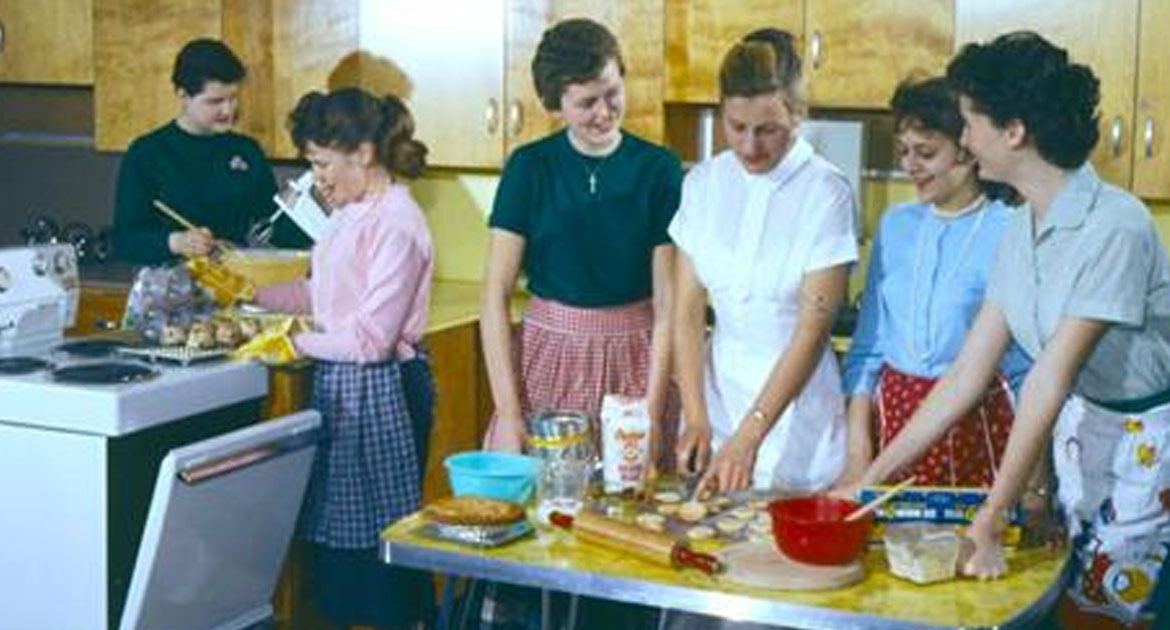Home economics classes have seriously evolved over the years since they first became a common part of the high school curriculum.
By the time I was a senior, pretty much all of the lessons below would have been laughed out of the classroom. Sure, we had classes that taught us the basics of sewing and even some family planning. That said, I can definitely say I was never taught anything like the seriously questionable budgeting “tip” in #6. In fact, I’m pretty sure most of my teachers would have advised the exact opposite!
But back in 1964, most of these lessons from the Senior High School Curriculum Guide for Home Economics were seen as totally normal.
Take a look to see if you remember studying up on any of these lessons back in the day.
And don’t forget to Liked Video the blast from the past with all your friends on Facebook who remember taking home economics in high school!
1. You Should Wash Dishes With One Hand
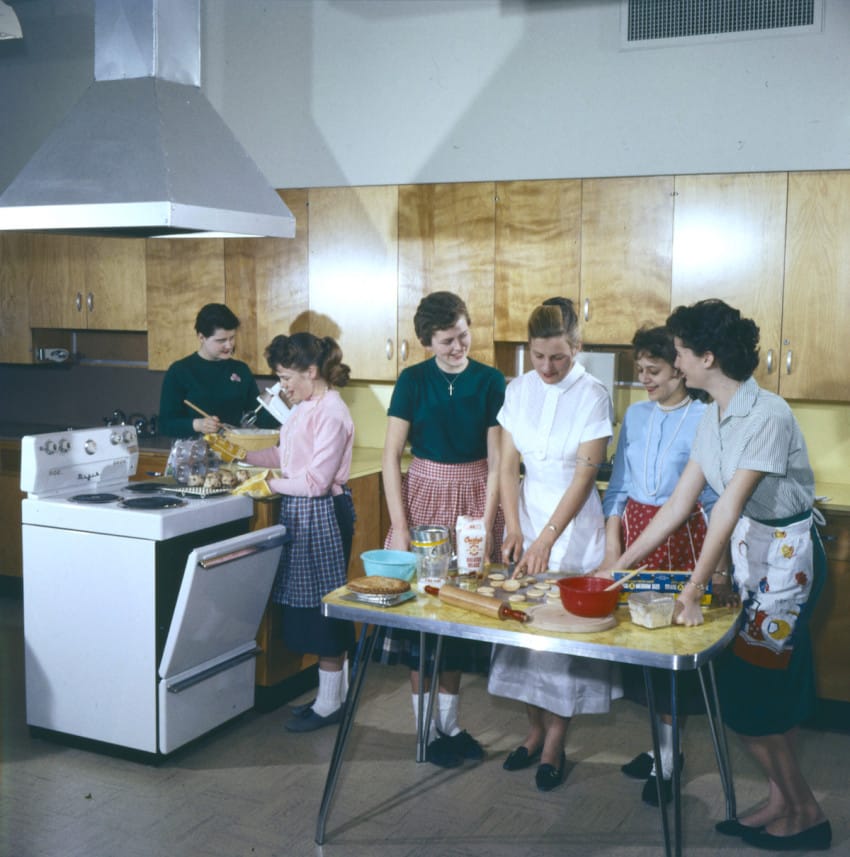
According to the textbook, the other hand should be holding the cloth outside the sink while the other does the scrubbing to “make use of momentum.”
2. You Can’t Be Pretty With Poor Posture

To really drive the importance of how posture affected their appearance, the text recommended teachers use bulletin boards to display “attractive teenagers” they should be emulating.
Causes of poor posture include laziness, lack of sleep, poorly fitting shoes, and poor dietary habits.
3. A Young Lady’s Room Is Her «Private World»

Of course, her room should be “well-kept,” as it is so much more than just a bedroom, according to the text.
Along with being where she stores her treasures, listens to records, and hangs out with friends, they describe the “private world” as a place where a young girl can “stare into the mirror” for an undetermined amount of time.
4. All Parties Must Have A Theme
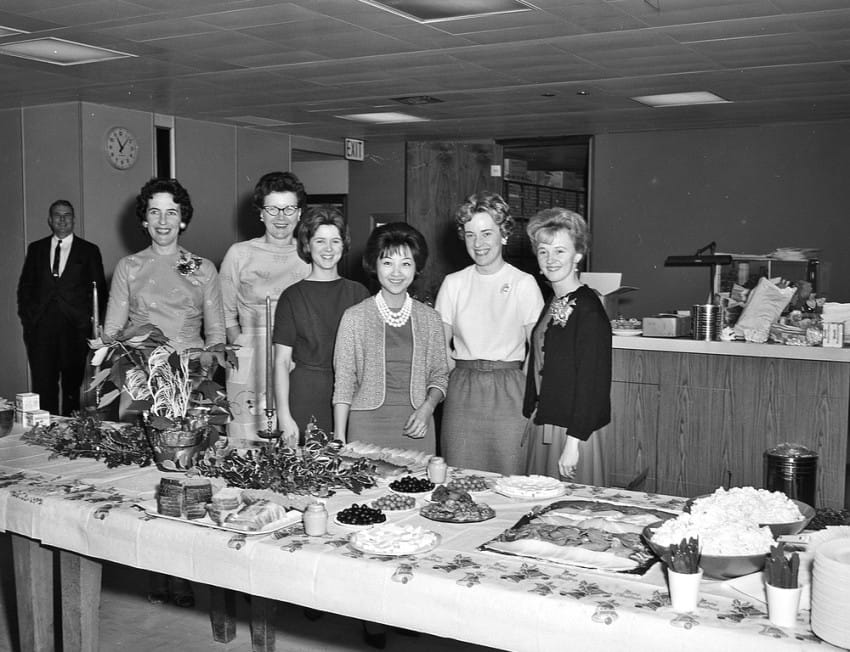
To quote the text, “party themes help create a party atmosphere.”
They also list the acceptable reasons for having a shindig: calendar highlights, returning social obligations, meeting with your friends, and enjoying their company. Students would then choose an occasion to prepare decorations to match their theme.
5. You Should Never Serve A Meal On An Ugly Table
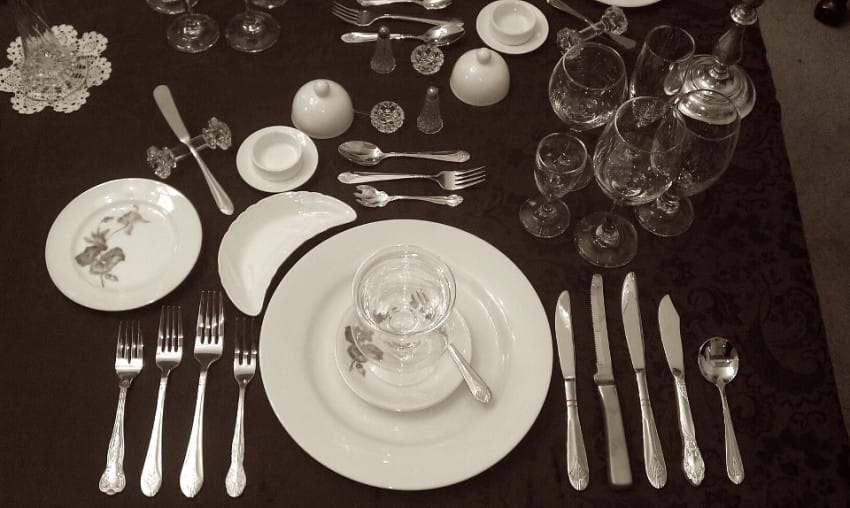
The look of your table could “detract” from the meal if not “chosen with care.” In other words, it won’t matter how the food tastes because those dining will be too distracted by the lack of a nice setting.
This also includes learning proper flower arrangements for the centerpiece.
6. New Clothes Are More Important Than Food
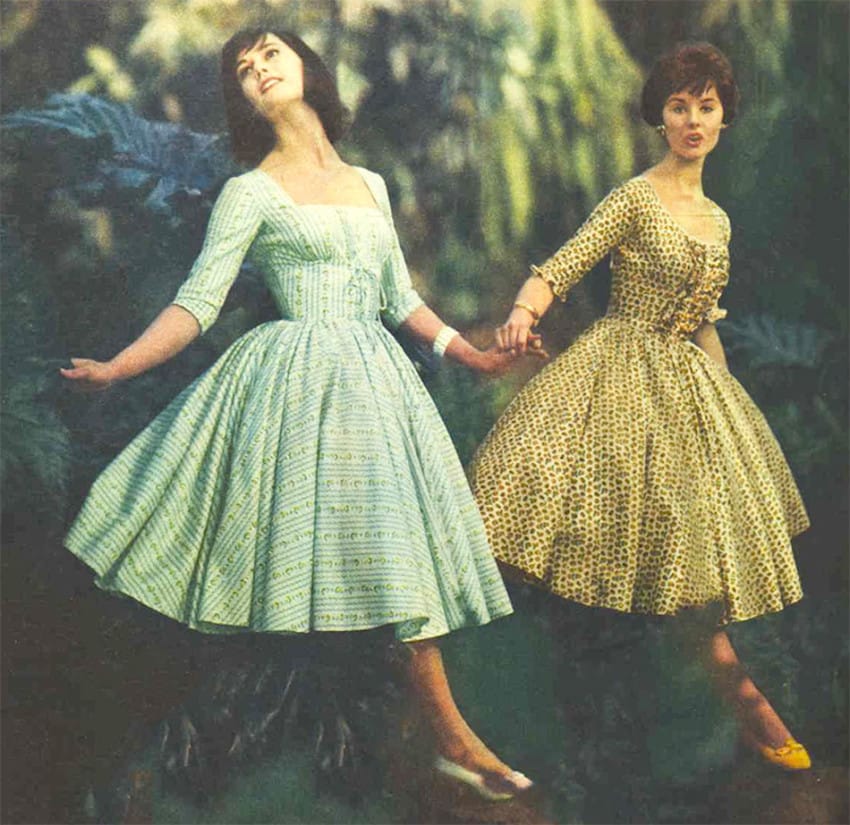
In the chapter about meal planning, the text suggests “skimping on food in order to spend more on clothes,” as well as “eating wisely to look more attractive.”
7. You Can Judge Others By Their Friends

For this lesson, the text cites the “birds of a feather flock together” adage, and it recommends looking at fictional friendships for examples of good and bad friend selections.
This also includes their dating life, too.
8. Keep Home Life In Mind Before Deciding On A Career

The text is surprisingly progressive about women’s ability to have a family and a career — to a point, anyway.
They list possible jobs ladies could balance with home life: waitress, hostess, housekeeping service, and teacher, or working at a grocery or food specialty shop.
9. There’s More To Meat Than Meets The Eye

While discussing the study of cooking for two post-nuptials, the book encourages teachers to “stress the food value of liver and organs,” including the kidney and heart. They also recommend showing how to serve budget-friendly canned fish in an attractive way.
10. Not All Engagements End In Marriage

The text gets a bit bleak discussing matters of the heart. They recommend discussing at length the different natures of love, including love of family, friends, self, and country versus romantic love.
They also explain that “love alone is not enough” for a happy marriage and strongly advise against marrying young as it can prevent a young girl from finishing her education. It also states that “more early marriages end in divorce.”
11. Teach Your Children To Repress Their Emotions

In the chapter on raising a child, the text explains how in order for a child to grow into a well-adjusted person, both parents must help a baby form their attitude and personality.
This includes “socially acceptable ways of expressing emotion,” while keeping other emotions under control.
Do you remember any of these home economics lessons from back in the day? Be sure to Liked Video them with your friends on Facebook!
